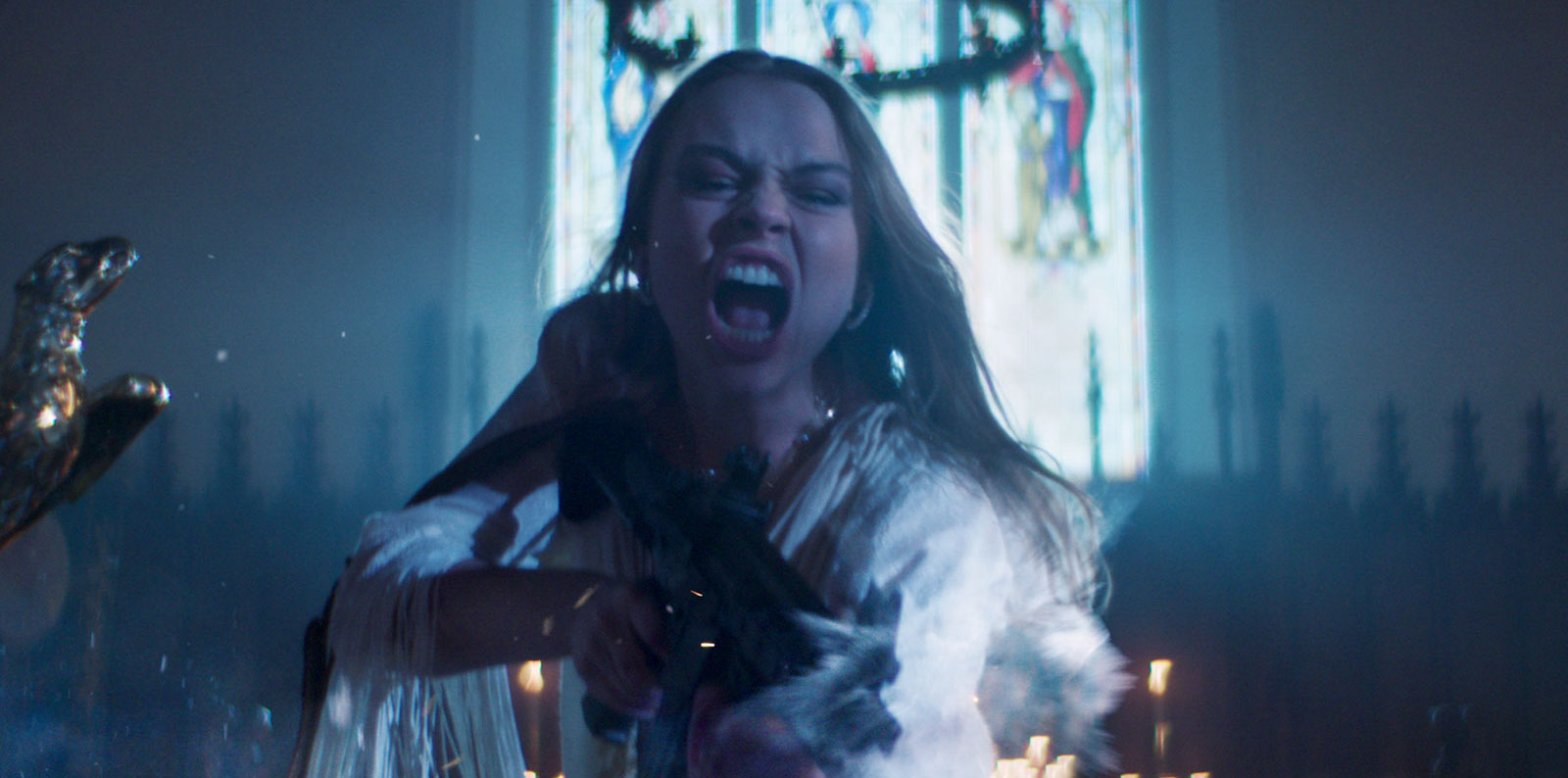
By the time Brendan Fraser starred in “The Mummy,” he had become the everyman of non-realistic storytelling. He turned into a romantic lead after his debut in a Paulie Shore movie (thankfully, he stole the show as the thawed-out “Encino Man”). Yet, Fraser appears so much like a studio contract player that he seems oversized, exaggerated for the more realistic treatments of today.
So producers nabbed him for his cartoonish possibilities. While worthy roles occasionally came, such as “Gods and Monsters,” “Blast from the Past,” and “The Quiet American,” he was still “George of the Jungle” and “Dudley Do-Right,” or getting “Bedazzled” or “Monkeybone-d” to earn his keep.
The distinct yet typecast Fraser is now stuff to fuel genre fiction. With an innocent charm and constant good-guy association, he specifically suits children’s adventure – so claims Cornelia Funke, the German author of the children’s series Inkheart, who found Fraser to be an inspiration when writing her tales. The author may have needed such an actor to inspire a father who draws fictional characters into the real world. Fraser is the hip, avuncular kind from whom kids would like to hear a bedtime story – they could take his image into their dreams, as the hero overcoming whatever adolescent fear grabs them by day. Should Val Helsing star in a children’s film anytime soon, Fraser would certainly play him – taking down Tim Roth’s Count and helping Rachel McAdams’ Lucy and, say, Anne Hathaway’s Mina.
The team behind “Journey to the Center of the Earth” saw Fraser as just that kind of uncle. His investigations in that film lead to the portal to the mythical fantastic journey. With “Inkheart,” Fraser helps serve metafiction for kids. The film, adapted by David Lindsay-Abaire from Funke’s novel, comes from the tradition of story-within-story, in which fictional characters, twice removed, enter the world of their fictional readers. “The Neverending Story” thrilled kids (and some adults) thus on screen, though by the time “Jumanji” hit the theaters, it felt familiar.
In “Inkheart,” Fraser’s Mo Folchart pulls characters right out of books – yet the device’s backlash is that someone from the real world must go in. Thus, his wife and mother of his 12-year-old daughter, Meggie (Eliza Bennett), had disappeared when Meggie was three, giving the girl the now archetypical missing parent, and the dad, a motive to fuel adventure. Dustfinger (Paul Bettany), whom Mo pulled from the novel-within-the-film “Inkheart,” finds Mo to return to his lovely wife (Jennifer Connelly, in a cameo). Helen Mirren plays Meggie’s snooty great aunt, Elinor, a role not more than background until the story needs her later.
The real problem is that “Inkheart’s” villain, Capricorn (Andy Serkis, almost too perverse), and his gang have also been summoned from the novel. When they kidnap Mo, Meggie, and Elinor to a remote Italian castle, the victims face what looks like a “Lord of the Rings” cast with text Indian-inked onto their faces (allegedly the “incomplete” text from which they were torn, still distracting after a direct explanation). These netherworld maniacs want to exploit the magical readers, soon to include Meggie.
The plot’s slapdash style reminds us of Gilliam’s method in “Time Bandits,” though he employed logic-trumping portals through time, while “Inkheart” works more logistically. Kids can just about keep up with the quick developments and shouldn’t notice some logical slips, such as why Dustfinger, who can channel flames from the tips of his fingers, doesn’t torch Capricorn’s posse when the come to get him.
The story’s payload is a supreme force called “the Shadow,” which Capricorn demands that Mo summon from “Inkheart.” “The Shadow” gets a Harry Lime’s worth of buildup before he’s called forth at the crisis point, and does he not disappoint. A mass of billowy smoke in the sky, “the Shadow” is a descendant of Chernabog from “Fantasia,” more menacing, and some of the most textured CGI I have seen in a while – the sky literally opens into a storm for him to appear.
This children’s fantasy flirts with the dark side, though family values win out. Thus, the movie remains devoted to heroism and is as opposed to the bad guys as it would be to killing off Brendan Fraser. The new golden child of kids’ fantasy should have stacks of adaptations ahead of him.
